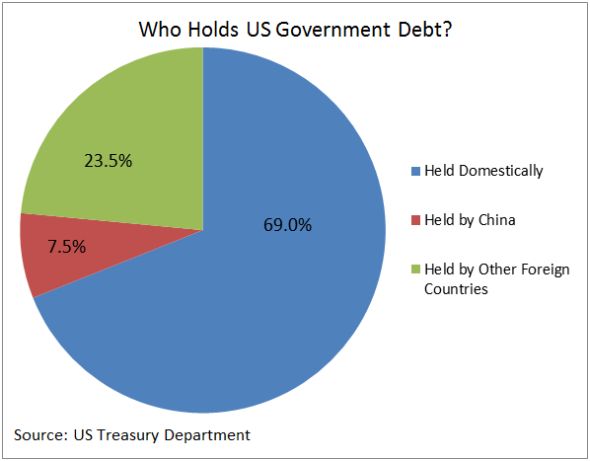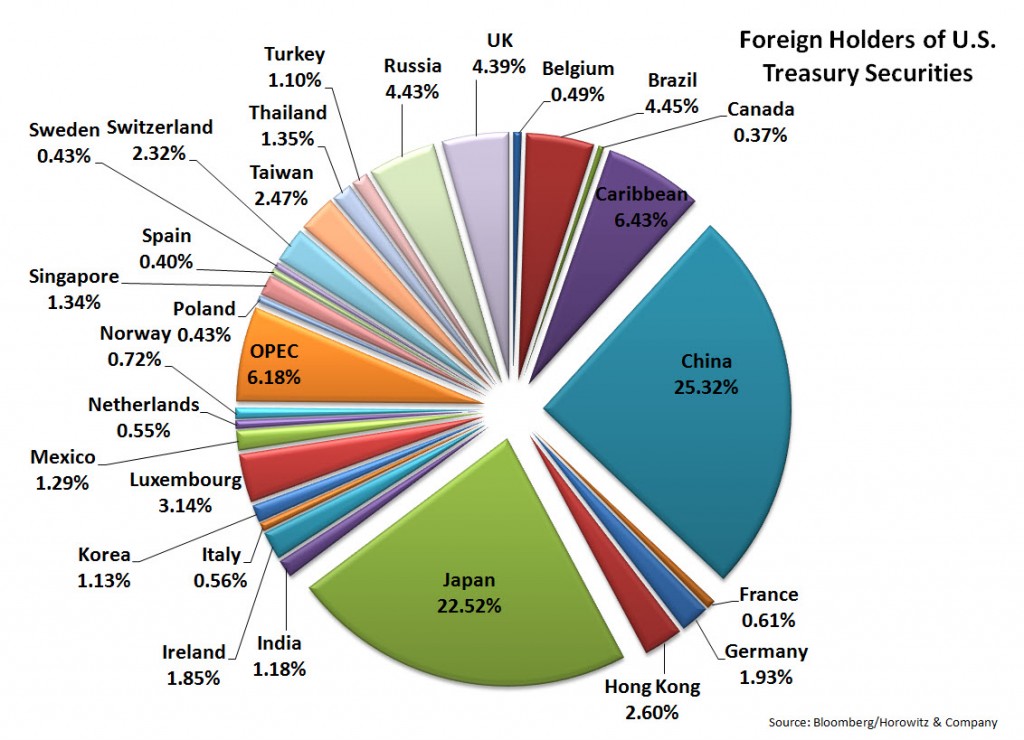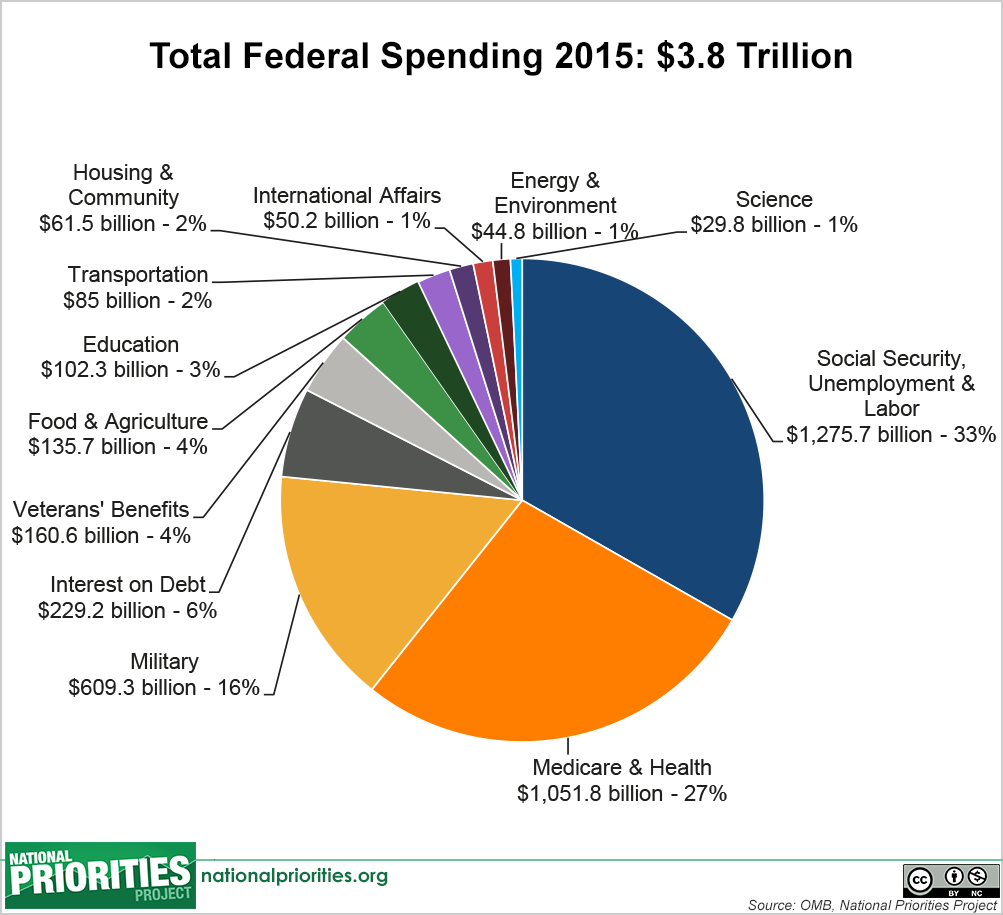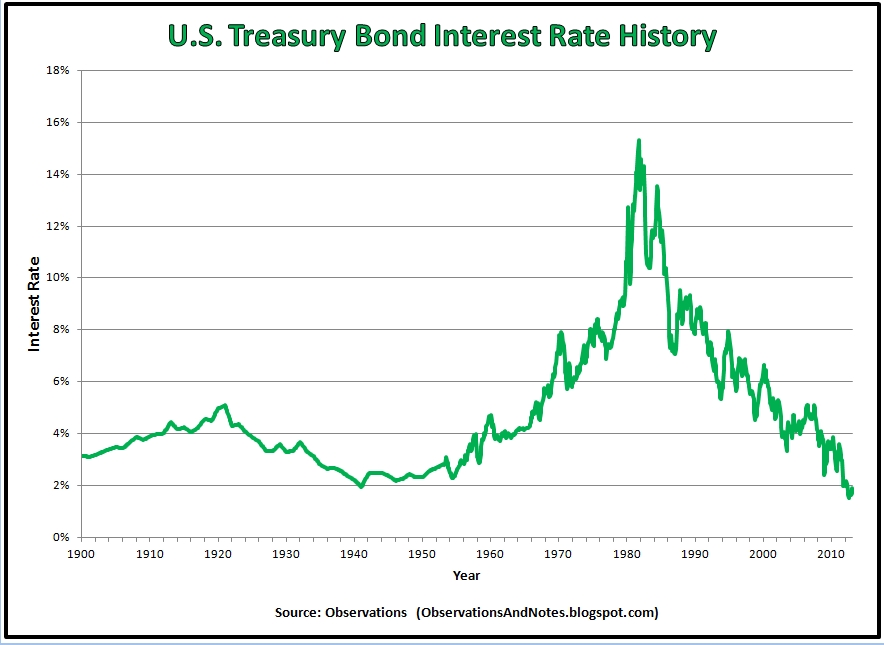Quote:
I'm not sure the argument is that we have NO public safety net, more that it's not as good and/or affordable as it used to be. In the case of education that seems pretty clearly true, and also for much of the other stuff on that list. This also feeds into the question about the top tax rate: people know that it used to be much steeper, so seeing it at 50% seems comparatively unfair.
That's not an argument in support or rejection of what the top marginal tax rate should be. Saying it used to be 90% is not an argument. "Unfair" is also a poor term to use in this debate.
I see the discourse on key issues like health care and tax rates etc are almost purely ideological. Hell, most of the "news" both MSM and internet are "meta discussion" about what prominent people think about the news, ideas, etc.Quote:
Demagoguing happens, of course, but I'm not sure you're giving enough credit for how much nuance already exists in the public debate. The above arguments are made (in some form or another) by liberal politicians and pundits routinely.
The Right has to oppose health care because it is antithetical to some broad principles of their ideology. It raises cost, taxes, and gives considerable authority to the government. If a conservative politician supports universal health care, his career is effectively over. The Left supports health care...because they have to. They subscribe to the "compassion" ideology. Never turn down an opportunity to support the "little guy" at all costs
The Left talks about tax rates, but they can't articulate what's the threshold that will satisfy "fairness". The Right never talks about what tax rates would be considered too low (lol). Everyone just wants higher or lower. That's the definition of an ideological (and stupid) debate.
Purely personal opinion. I think the idea of somebody who is affluent but not wealthy ($500k/yr?) paying 50% in taxes is abhorrent. And there are cost/benefits everything, and ideology cannot address that. Over 50% of Americans don't pay any taxes (forget the source). Both uber rich and the poor.
You're right it requires a nuanced conversation with ideology left at the door. I don't think we're having that at all. And I don't think we ever will. Too much at stake. The system is built to be stable and to be very hard to change drastically in a short period of time. Partisanship has exacerbated that reality. There are of course benefits to that as well as downsides.
There is simply nothing (in virtually all cases) to be gained politically by supporting legislation proposed by the other party. None. Very few politicians can get away with it. And they do it because they know their constituency and know they can take those positions -- safely.





